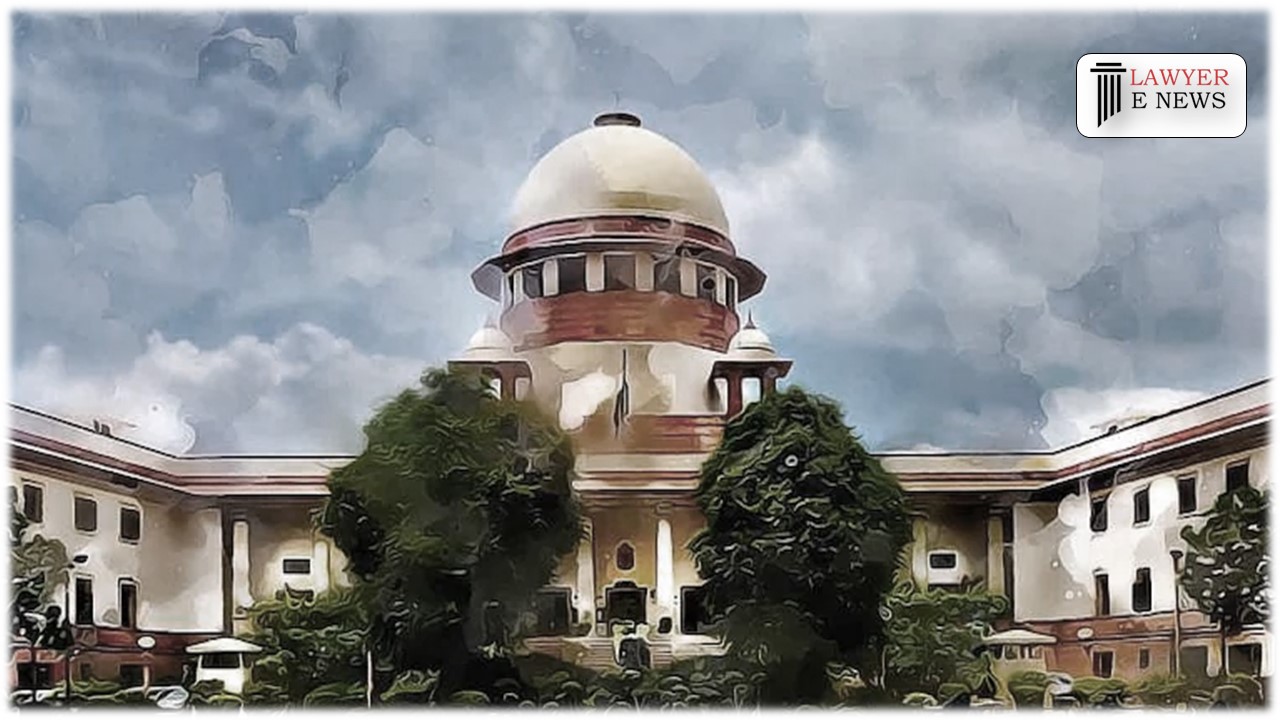-
by Admin
15 February 2026 5:35 AM



New Delhi, July 20, 2023: In a significant development, the Supreme Court of India has referred the constitutional validity of the Government of National Capital Territory of Delhi (Amendment) Ordinance 2023 [“NCT Ordinance”] to a Constitution Bench. The NCT Ordinance, which was promulgated by the President on May 19, 2023, has been a subject of contention and has raised concerns about the extent of legislative and executive powers vested in the National Capital Territory of Delhi (NCTD).
"The disposal of the writ petition requires this Court to answer a substantial question of law as to the interpretation of the Constitution." - Chief Justice of India, Dr. Dhananjaya Y. Chandrachud.
The Court has posed critical questions regarding the scope of Parliament's authority under Article 239-AA(7) of the Constitution, which grants the power to make laws affecting NCTD. The NCT Ordinance introduced Section 3A in the Government of National Capital Territory of Delhi Act 1991 [“GNCTD Act”], thereby excluding Entry 41 of List II from GNCTD's legislative competence.
The judgment highlights that the NCT Ordinance has potentially abrogated the principles of governance for NCTD, raising concerns about the democratic will and accountability of the elected government to the public. The Court observed, "The triple chain of accountability requires the permanent executives to be responsible to the elected government, the elected government to be responsible to the legislature, and the legislature to be responsible to the public." The impact of the NCT Ordinance on these principles has become a focal point of the legal battle.
The Court also draws attention to the apparent conflict between Article 239-AA(7)(a) and (b) of the Constitution. While (a) specifies that laws must only give effect to or supplement the provisions of Article 239-AA, (b) denotes that such laws could alter the existing constitutional structure of governance for NCTD. This conflict raises concerns over the validity of Parliament's exercise of power under Article 239-AA(7).
Chief Justice of India, Dr. Dhananjaya Y. Chandrachud, leading the Bench, stated, "Neither the 2018 Constitution Bench judgment nor the 2023 Constitution Bench judgment has dealt with the interpretation of Article 239-AA(7). We are of the considered opinion that the disposal of the writ petition requires this Court to answer a substantial question of law as to the interpretation of the Constitution."
The judgment comes after the protracted legal battle between the Union of India and the Government of National Capital Territory of Delhi on the administration of NCTD. The Constitution Bench has been tasked with resolving the questions of law and deciding on the validity of the NCT Ordinance. The Court's ruling is eagerly awaited as it could have far-reaching implications on the governance structure and executive powers in the national capital.
As the case proceeds to the Constitution Bench, the nation watches closely to see how the apex court interprets the constitutional provisions and clarifies the extent of Parliament's power over the governance of Delhi.
Date of Decision: July 20, 2023
Government of National Capital Territory of Delhi vs Union of India & Ors.
